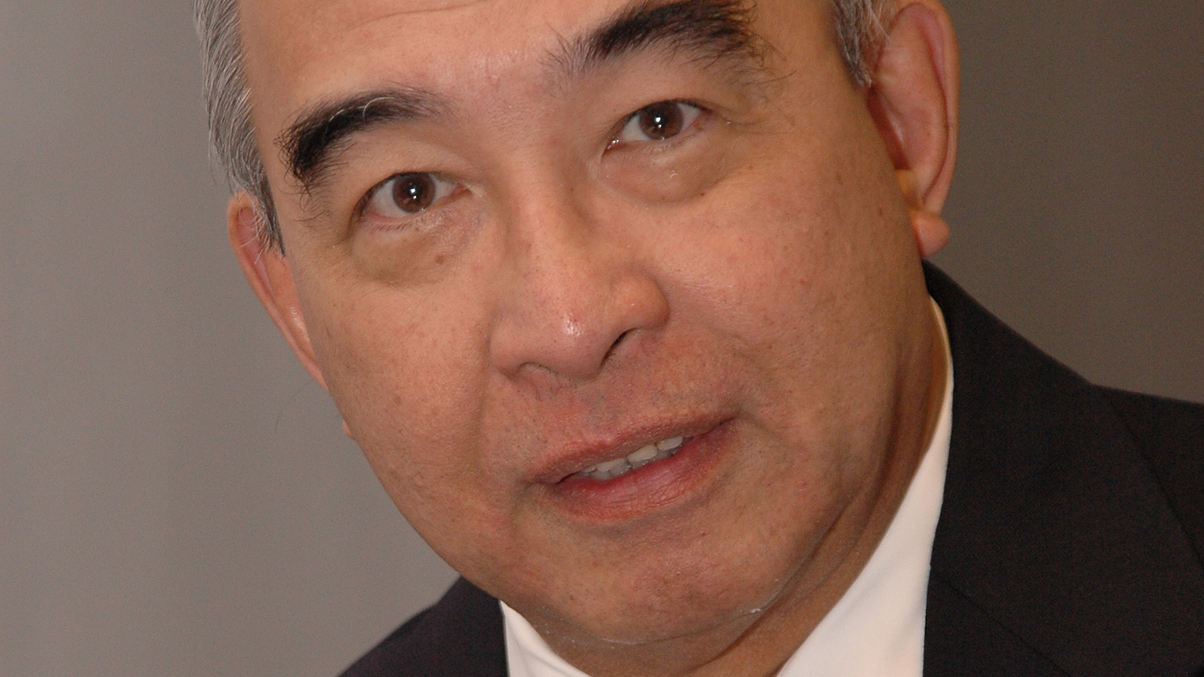Philippine social security fund eyes infrastructure, Reits
The $7 billion Social Security System is posting strong returns on its portfolio and is also mulling Reits and infrastructure assets, but has no plans to invest offshore as yet.

After eight months as president of the Philippines’ Social Security System (SSS), Emilio de Quiros, has good news to report. The institution’s assets under management stand at Ps302 billion ($7 billion), up over 10% from $6.3 billion when he was appointed by the government in August.
Sign in to read on!
Registered users get 2 free articles in 30 days.
Subscribers have full unlimited access to AsianInvestor
Not signed up? New users get 2 free articles per month, plus a 7-day unlimited free trial.
¬ Haymarket Media Limited. All rights reserved.


